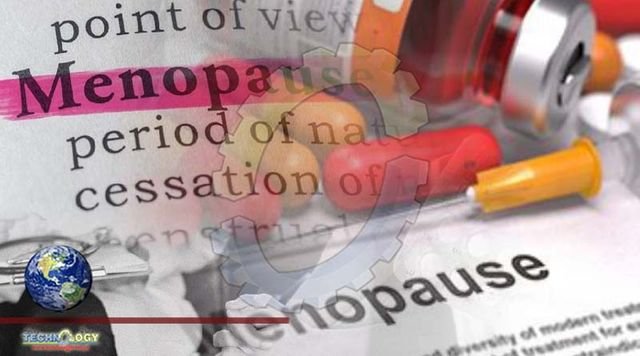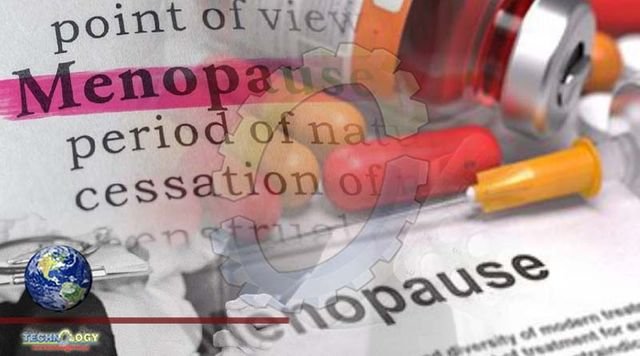The menopause affects millions of women across the UK on a daily basis, with some living with debilitating symptoms that can have a detrimental impact on their quality of life.

Some may receive hormonal replacement therapy (HRT) as a way of treating the symptoms of menopause, but with a current supply shortage, the severe impact symptoms can have on some women’s lives has come to light. This site is protected by reCAPTCHA and the Google Privacy Notice and Terms of Service apply. We speak to a women’s health expert to find out more about how long the menopause lasts, symptoms, and pros and cons of HRT.
What age does the menopause usually start and how long does it last? Perimenopause can start in women in their 30s, although it is more common between the ages of 40 and 45, explained women’s health expert Dr Shirin Lakhani.
The average age of onset of the perimenopause in the UK is 47.5, with the average age of onset of menopause occuring at 51. This can vary between race, ethnicity, demographic and lifestyle. This means that with the population now generally living longer and healthier lives, women can spend up to one third to half of their lives in the peri and post-menopausal period.
Dr Lakhani noted that although the average duration of vasomotor symptoms – also known as hot flushes – varies between ethnicities, they can last for more than seven years. One in four women will experience debilitating symptoms that can last up to 15 years. She said: “Menopausal symtoms can begin months or even years before your periods stop and can last around four years after your last period, but some women experience symptoms for much longer.
“For young women who find themselves catapulted into instant menopause due to surgery, medical treatment or a diagnosis of primary ovarian insufficiency (POI), the menopausal chapter can extend even further.” Early menopause is when a woman’s ovaries stop making certain hormones such as oestrogen, which results in their periods stopping.
It is considered to be menopause before the age of 45 and can happen naturally or as a side effect of treatments. Early menopause is diagnosed by a doctor who will do a blood test to check hormone levels. The cause is often unknown but can be a number of things such as autoimmune disease, certain infections and chromosome abnormalities, said Dr Lakhani.
Source: This news is originally published by nationalworld
